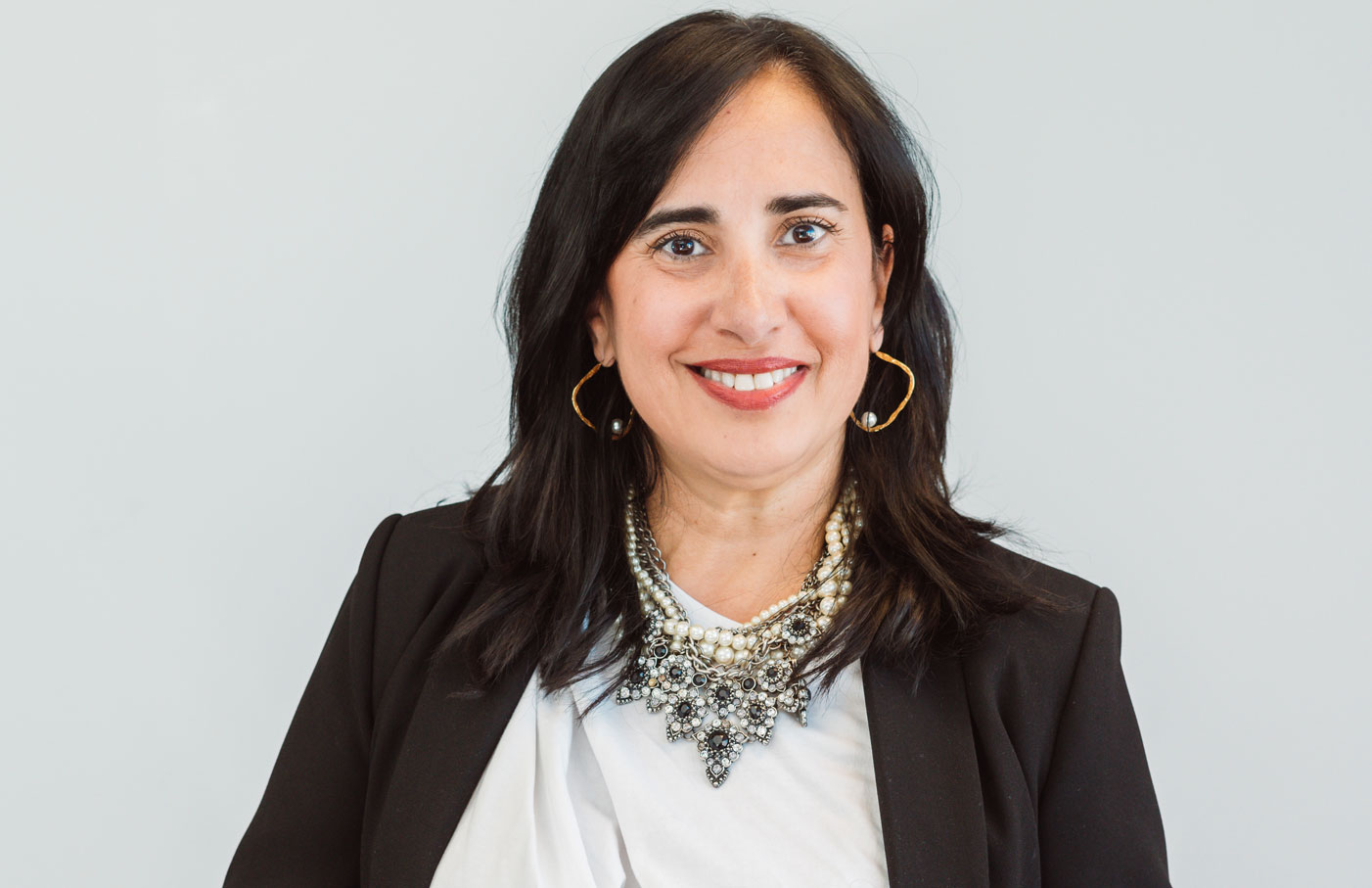Carneiro da Fontoura, military by tradition

The compound surname Carneiro da Fontoura is inscribed in the history of the conquest of the territory that today makes up the state Rio Grande do Sul. But its origin is much older, going back to the period of Iberian Reconquest, when the Christians expelled the Moors from the lands that would give rise to Portugal and Spain. From the Iberian peninsula to Brazil, the Carneiro da Fontoura have always taken the military tradition with them.
The Sheep
Not only one, but several are the versions pointed out as the origin of the Carneiro family, currently found from North to South of Brazil. Researchers like Maria Luiza Tucci Carneiro and Anita Waingort Novinsky argue that the surname has origin Sephardic Jewish, being very frequent its adoption by families of this origin.
There is another trend that believes in a French origin, having as an exponent the genealogist Manuel José da Costa Felgueiras Gaio, in his work “Portuguese Furniture for Families”, According to which the surname was a Portuguese adaptation to the French surname Mouton, a word that in that language means ram.
YOU CAN START YOUR GENEALOGICAL TREE.
A third theory, defended by the Portuguese historian José Pedro Machado, points out that the surname Carneiro originated as a nickname for a family of sheep / sheep herders in Portugal. Its use has been recorded since at least the 13th century. Manuel de Sousa, in "The Origins of the Surnames of Portuguese Families", points out that the oldest reference of this nickname is Pedro Carneiro, lord of the lands of Valdevez (today, in the district of Viana do Castelo).
The Fontoura
Of Portuguese origin, in genealogy, the surname Fontoura it is one of the easiest to work with, as it has not suffered corruption over time. As the name itself leaves clues, it would have its origin in the combination of the words “golden source”, which in turn baptized the village located in the Northwest of Portugal. The agricultural region, surrounded by cornfields and vineyards, is still characterized by the breeding of goats and it would have been occupied at least 2,500 years ago, going through pre-Roman civilizations, such as the Castro culture.
According to tradition, the name Fontoura comes from an existing fountain in the region, whose waters would bring with it some gold particles, becoming known as the Fonte d'Ouro. What looked like gold, in fact, is limonite, an important yellowish brown iron ore that could be found at the bottom of the water. Thus, from the source, the name passed on to the village, which must then have been adopted by the family patriarch.
The Sheep of Fontoura
The stories of the two families intertwined early. There are records of Portuguese people using the surname composed for at least 700 years, dating back to the origin of the kingdom of Portugal. As for Brazil, the first members of the Carneiro da Fontoura family, in Recife, Rio de Janeiro and Minas Gerais.
The most prominent, undoubtedly, was João Carneiro da Fontoura. Born around 1679 in Chaves, Portugal, he was the second son of D. Francisca Velloza and Antônio Carneiro da Fontoura, lifelong registrar in the county of Chaves and one of the last morgados of Loivos. The military career brought João to Brazil, in 1700, specifically the Congonhas dos Camposin the Minas Gerais, then going to Curral d'El-Rey (today Belo Horizonte), joining the Mining Regiment.
He married late, around 50 years of age, with Izabel da Silva, Portuguese of Gypsy origin born in Torres Novas, Archbishopric of Lisbon. His first daughter, Francisca Velloza, was born in 1729 in Congonhas dos Campos, where he married. Everything led to believe that he would settle in the region of Minas Gerais.
However, in the context of territorial disputes between Portugal and Spain in the south of Brazil, João Carneiro da Fontoura arrives in Rio Grande among the first troops sent there, specially made up of dragons from Minas Gerais, soon transformed into regiment, under the command of André Ribeiro Coutinho. On the adventure, he was accompanied by his wife and four children.
Over time, the family grows and gains prominence in the region. The couple's 10th son, Alexandre, was born in 1751, already in Rio Grande, when João Carneiro da Fontoura was 72 years old. He died on August 19, 1769, aged 90, in the village of Rio Pardo, having previously passed through Viamão.
YOU CAN START YOUR GENEALOGICAL TREE.
Sephardic descent
João Carneiro da Fontoura's paternal grandmother, María Taveira de Magalhãesdescended from Abraham well Eliyahu Senior (Segovia, 1412-1493), banker and influential politician at court, responsible for royal finances and Spain's last chief rabbi. With the Alhambra Decree, forcing Jews to convert to Christianity or to abandon the kingdom, Abraham, who was already 80 years old, decided to convert, adopting the name of Fernão, Fernán or Fernando Nunes Coronel, although there are indications that he continued to practice Judaism secretly until his death the following year.
The descendants of João Carneiro da Fontoura spread to several cities in the Rio Grande do Sul, like Dom Pedrito, Porto Alegre, Rio Pardo, Viamão, by the other nearby states and even by Paraguay. They actively participated in the Guerra dos Farrapos and, through marriages with the most important families in the region, originated branches such as the Barreto Pereira Pinto, Simões Pires, Charão, Silveira Casado, Menna Barreto, Barreto Viana, Palmeiro.
Important to remember: Last names are indications, but they do not determine whether or not you are descendants of Sephardic Jews. To prove this link, a genealogical study is really necessary.

"Because of a controversy, they are changing a historical reparation," says Isabel Comte.
The proposed changes to the Nationality Law in Portugal remain at the center of public debate, even after the decision […]

"The Constitutional Court gave time, it didn't change the law," says a lawyer from Martins Castro.
The recent decision by the Portuguese Constitutional Court, which blocked key parts of the government's proposal to tighten access […]

Nationality for minor children: why is the process usually simpler?
Among the various pathways provided for in the Portuguese Nationality Law, transmission to minor children is usually perceived as a […]